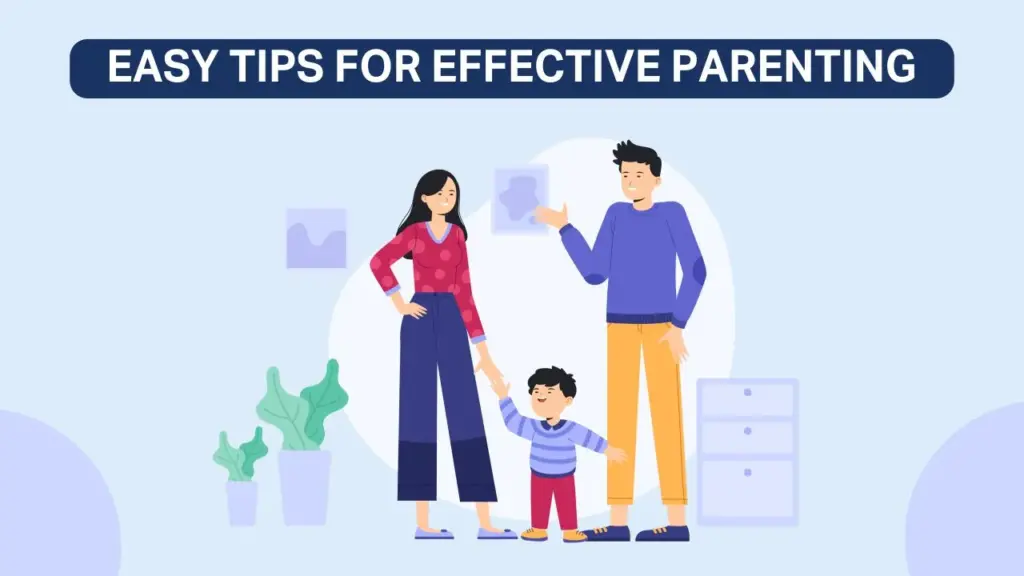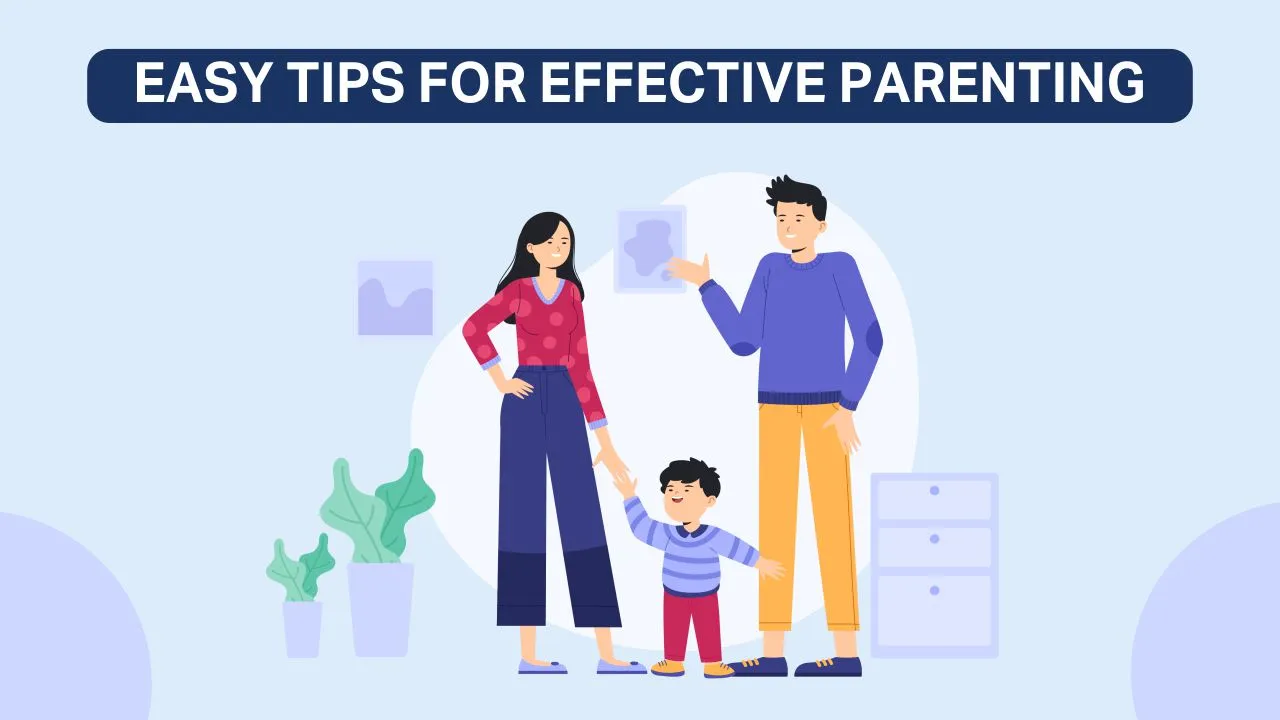
Essential Parent Tip: Navigating the Joys and Challenges of Modern Parenting
Parenting in the 21st century presents a unique set of challenges and rewards. From the ever-evolving landscape of technology to the pressures of academic achievement and social dynamics, modern parents face a complex web of responsibilities. This article provides essential parent tips to help navigate these complexities, foster healthy development, and build strong, lasting relationships with your children.
Understanding Your Child’s Development
One of the most crucial parent tips is to understand the stages of child development. Each stage brings new cognitive, emotional, and physical milestones. Recognizing these milestones allows parents to tailor their approach and provide appropriate support. For example, toddlers are exploring their independence and may exhibit challenging behaviors like tantrums. Understanding this developmental stage allows parents to respond with patience, consistency, and clear boundaries.
Infancy (0-1 Year)
Infancy is a period of rapid growth and development. Babies learn through sensory experiences and interactions with their caregivers. A key parent tip for this stage is to prioritize bonding and attachment. Respond to your baby’s needs promptly and consistently, providing a secure and loving environment. This builds trust and lays the foundation for healthy emotional development.
Toddlerhood (1-3 Years)
Toddlerhood is characterized by increased independence and exploration. Toddlers are developing their language skills and learning to navigate their environment. A helpful parent tip is to encourage exploration while setting clear limits. Provide opportunities for your child to practice their skills and offer positive reinforcement for their efforts. Be prepared for tantrums and challenging behaviors, and respond with patience and consistency.
Preschool Years (3-5 Years)
During the preschool years, children are developing their social and emotional skills. They are learning to interact with others, share, and cooperate. A valuable parent tip is to foster social skills through playdates and group activities. Encourage your child to express their feelings and teach them strategies for managing their emotions. Read books together and engage in activities that promote language development and literacy skills.
School-Age Years (6-12 Years)
School-age children are entering a new phase of development, characterized by increased academic demands and social pressures. A practical parent tip is to support your child’s academic efforts by providing a quiet study space and helping them with their homework. Encourage them to participate in extracurricular activities and pursue their interests. Foster open communication and be a supportive listener.
Adolescence (13-18 Years)
Adolescence is a time of significant physical, emotional, and social changes. Teenagers are striving for independence and developing their identity. A vital parent tip is to provide a safe and supportive environment where your teen feels comfortable expressing their thoughts and feelings. Set clear expectations and boundaries, and be prepared to have open and honest conversations about difficult topics. Remember that your teen still needs your love and support, even if they don’t always show it.
Effective Communication Strategies
Communication is the cornerstone of any strong relationship, and this is especially true in parenting. Effective communication can help parents build trust, resolve conflicts, and foster a positive connection with their children. One essential parent tip is to practice active listening. This means paying attention to what your child is saying, both verbally and nonverbally, and responding with empathy and understanding.
Active Listening
Active listening involves focusing on your child’s words, body language, and tone of voice. It means putting aside your own thoughts and feelings and truly trying to understand their perspective. Avoid interrupting or judging, and ask clarifying questions to ensure you understand what they are saying. Reflect back what you hear to show that you are listening and understanding. For example, you might say, “It sounds like you’re feeling frustrated because you didn’t get to play with your friends today.”
Using “I” Statements
Another helpful parent tip is to use “I” statements when expressing your feelings or needs. “I” statements allow you to communicate your thoughts and feelings without blaming or accusing your child. For example, instead of saying, “You always leave your toys out!” you could say, “I feel frustrated when I see toys left out because it makes the house look messy.” This approach is less likely to put your child on the defensive and more likely to lead to a productive conversation.
Nonverbal Communication
Nonverbal communication is also important. Pay attention to your body language, facial expressions, and tone of voice. Make eye contact, smile, and use a warm and friendly tone. Avoid crossing your arms, rolling your eyes, or using a sarcastic tone, as these can send negative messages. Remember that your actions speak louder than words.
Setting Boundaries and Discipline
Setting boundaries and discipline are essential components of effective parenting. Boundaries provide structure and security for children, while discipline helps them learn to make responsible choices. A key parent tip is to set clear and consistent boundaries. Explain the rules and expectations in a way that your child can understand, and enforce them consistently. Be prepared to follow through with consequences when your child breaks the rules.
Positive Discipline
Positive discipline focuses on teaching children appropriate behavior rather than punishing them for misbehavior. This approach emphasizes positive reinforcement, problem-solving, and communication. Instead of using harsh punishments, try to understand the reasons behind your child’s behavior and work together to find solutions. Teach your child problem-solving skills and help them develop empathy and self-control.
Consequences
Consequences are a natural part of learning and growing. When your child breaks a rule, it’s important to provide a consequence that is fair, consistent, and related to the misbehavior. Avoid using physical punishment or shaming tactics, as these can be harmful and ineffective. Instead, focus on consequences that teach your child responsibility and accountability. For example, if your child refuses to clean up their toys, you might take away their playtime for a short period of time.
Consistency
Consistency is key to effective discipline. When you are consistent with your rules and consequences, your child will learn what is expected of them and will be more likely to follow the rules. Avoid making exceptions or giving in to your child’s demands, as this can undermine your authority and confuse your child. Work with your partner to ensure that you are both on the same page when it comes to discipline.
Prioritizing Self-Care
Parenting can be demanding and exhausting. It’s important for parents to prioritize self-care in order to maintain their own physical and emotional well-being. A crucial parent tip is to make time for yourself each day, even if it’s just for a few minutes. Engage in activities that you enjoy and that help you relax and recharge. This could include reading a book, taking a bath, exercising, or spending time with friends.
Managing Stress
Stress is a common experience for parents. It’s important to develop healthy coping mechanisms for managing stress. This could include practicing relaxation techniques, such as deep breathing or meditation, or seeking support from a therapist or counselor. Talking to other parents can also be helpful, as they can offer support and understanding.
Seeking Support
Don’t be afraid to ask for help when you need it. Reach out to family members, friends, or community resources for support. Consider joining a parenting group or seeking professional counseling. Remember that you are not alone, and there are many people who care about you and want to help. A final parent tip: taking care of yourself allows you to be the best parent you can be. [See also: Benefits of Family Therapy] and [See also: How to Handle Teen Rebellion]
Navigating Technology and Social Media
In today’s digital age, navigating technology and social media is a crucial aspect of parenting. It’s important to have open and honest conversations with your children about online safety, responsible use of technology, and the potential risks of social media. Set clear boundaries and monitor your child’s online activity. Teach them about cyberbullying, online predators, and the importance of protecting their privacy.
Fostering Independence and Resilience
One of the most important goals of parenting is to foster independence and resilience in your children. Encourage them to take risks, make mistakes, and learn from their experiences. Provide them with opportunities to develop problem-solving skills and self-confidence. Teach them how to cope with adversity and bounce back from setbacks. A valuable parent tip is to empower your children to make their own choices and take responsibility for their actions.
Conclusion
Parenting is a journey filled with joys and challenges. By understanding child development, practicing effective communication, setting boundaries, prioritizing self-care, and navigating the digital world, parents can create a nurturing and supportive environment for their children to thrive. Remember that there is no one-size-fits-all approach to parenting. Trust your instincts, be patient, and enjoy the journey. These parent tips are meant to guide you, but your unique approach is what will make you a great parent.

